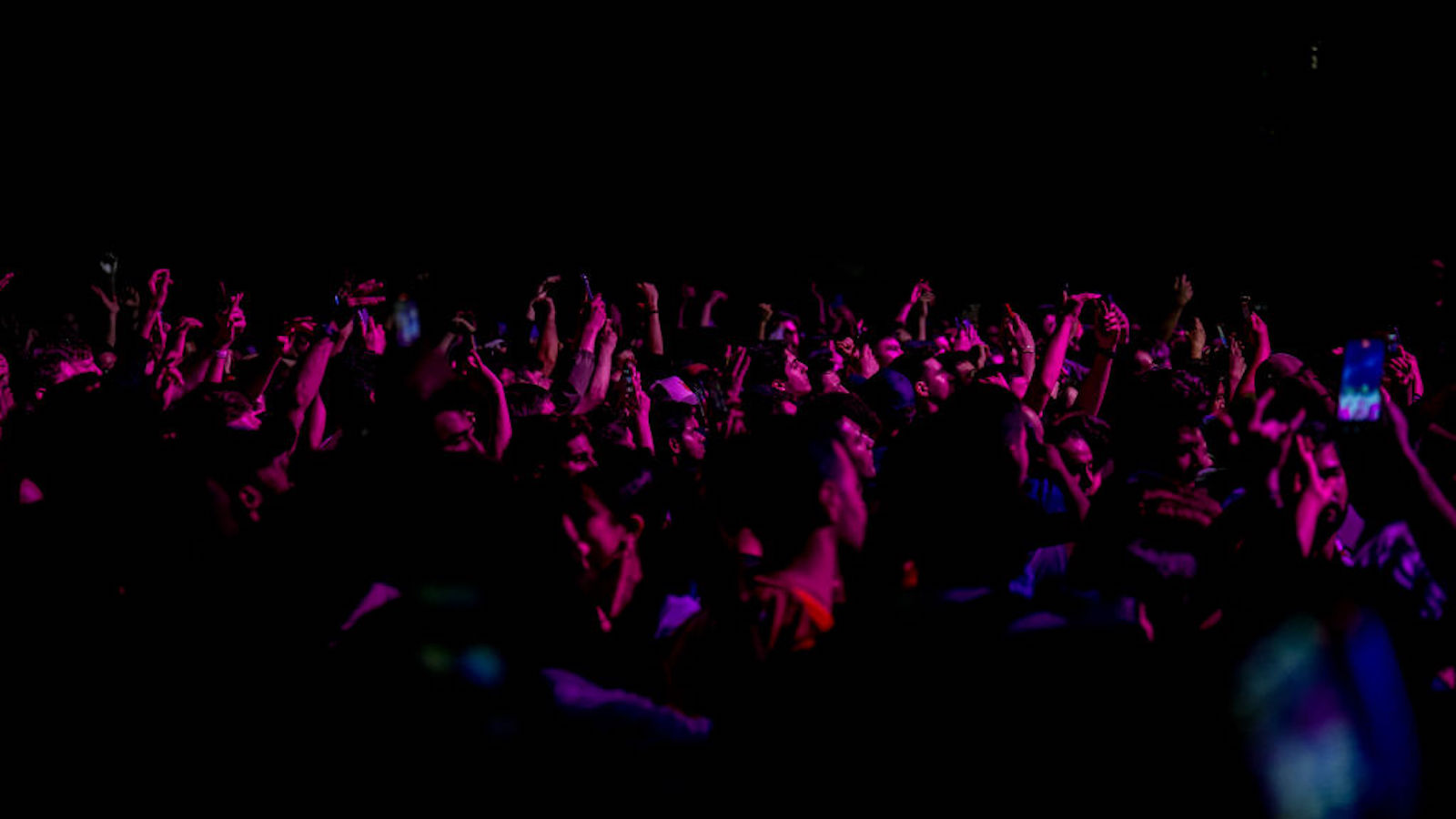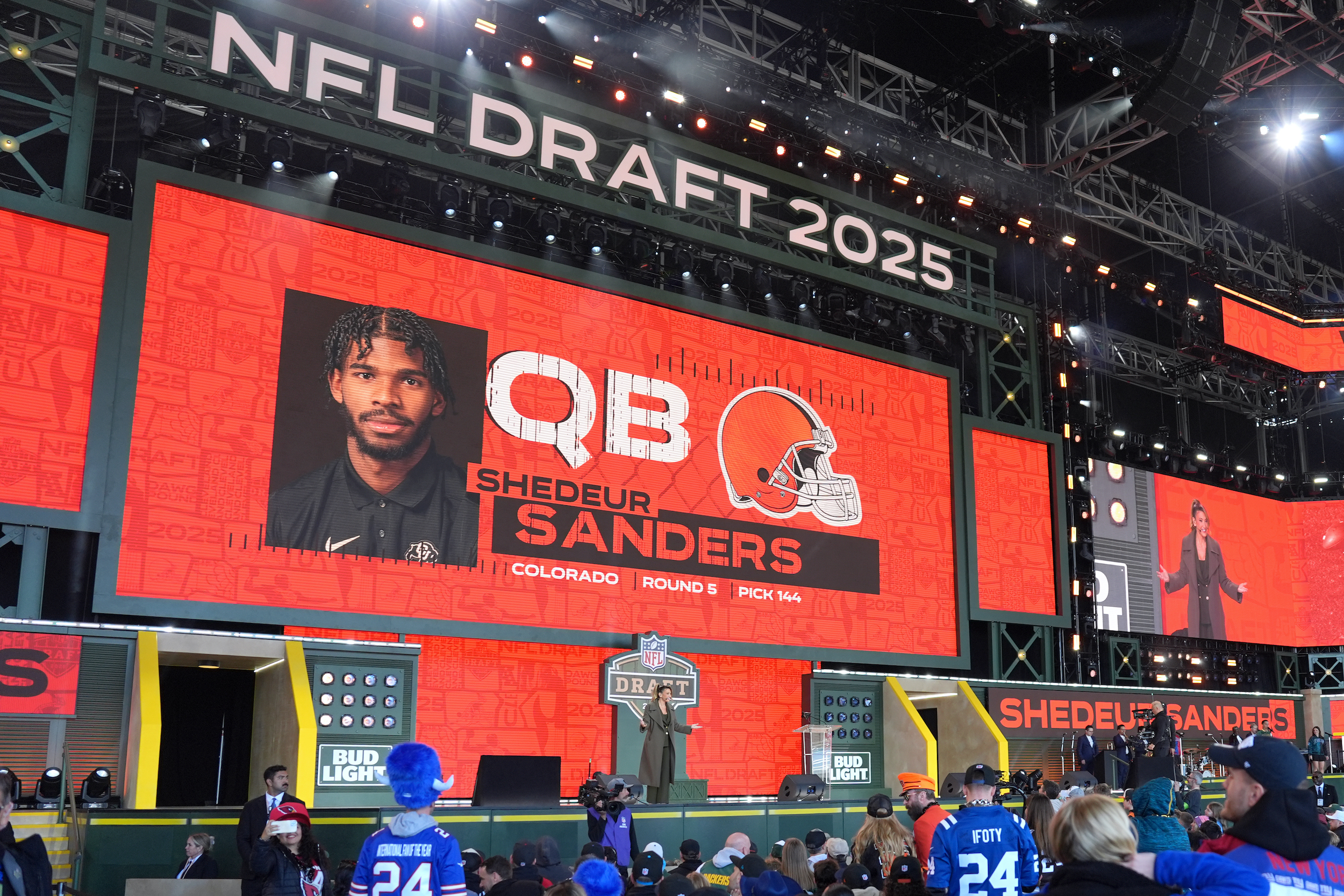I just want to go to a concert. One concert. I just want to see First Aid Kit. I just want this one thing. And for this one I feel like I am owed. I’ve been with them from the start. And they’re just a folk duo. This isn’t, I don’t know, Haim. They’re two sisters from Sweden, and I don’t remember how I first found them but every time I listen to them I feel something very specific. I feel the way I felt 10 years ago, listening while driving through their hometown, which looked almost exactly like my own, with the evergreens and the grayness and the uncomplicated architecture. I feel that familiarity you sometimes feel in a country you have never been to, that out-of-place embrace from home, and I also feel the loss of the relationship I had at the time. That comfort and that grief are both wrapped up in that sound. So it feels like a personal insult that I can’t see them. And not only that I can’t see them, but that I can’t see them with anyone else. But I am sorry, I am not willing to pay $97.58 for general admission at History, a Toronto club co-owned by Drake. Nor will I pay $446.25 for a seated ticket. The only time I would pay $446.25 is if I were taking a plane across the fucking ocean back to Sweden.
Almost every venue in this city is the same. Performers I would like to see were it not for the prohibitive prices: Alvvays ($59.50), Christine and the Queens ($53.35), Maggie Rogers ($71.00), Sylvan Esso ($66.50) and, sure, why not, maybe even The National ($62.00). That’s $312.35 for just five gigs (I know, it’s a habit, we used to call them that, shut up). And, because a concert is the kind of place you usually want to bring a friend who is usually less into it than you, so you don’t want to force them to pay, it’s more likely $624.70. For five gigs. The privilege, the kind of magic, of being deeply moved—because I don’t know about you but nothing ever seems to get me quite as viscerally, in the moment, as hearing music, let alone hearing it live—for a few hours a month with a room full of strangers I can barely see, who are in various ways feeling the exact same thing as me in a weird kind of sonic sympathy, will now cost me almost half my rent.
And, OK, maybe from where you’re sitting, where you just spent, I don’t know, $500 to see Taylor Swift or something, those prices look like nothing. And I don’t want to get all I-remember-a-time, but as a broke student in the early 2000s and as a broke writer in the mid-to-late 2000s, I was somehow able to see a band usually for $20 or less: Arcade Fire, Weezer, Sloan, The Kooks, Royal Trux, Weeping Tile … I saw way more but I can’t remember all of them anymore. Oh, wait, I am remembering a few more. If everything cost as much then as it does now, I would not have been able to nearly give James Mercer a panic attack with my near panic attack after trying to talk to him before The Shins went on stage. I would not have sat in the doorway at the end of a Montreal Cat Power concert with my friend, eating Montreal poutine, only to have Chan Marshall jump over my entire head. I would not have believed Stephen Merritt was singing only to me in his Droopy voice about his rodeo dad in a room full of other Magnetic Fields heads. I would not have had the personal joy of watching my new British boyfriend talking to a band he would have trouble getting tickets to see back home (The Kooks), or experienced the collective embarrassment of an entire festival crowd watching a girl flirt with Belle and Sebastian’s lead singer as it rained on all of us, or of having Natalie Portman casually enter a Tilly and the Wall concert and take up residence right next to me while they tap-tap-tapped on stage.
Obviously, there are a lot of variables at work here. A particular problem in Toronto is that scores of venues (among them the ones I went to a bunch: The Mod Club, Rancho Relaxo, The Guvernment) have shut down over the last few years, which leaves the sole option of shelling out a lot of money for a pricey ticket to see a band in a big venue or an amphitheater, or not seeing anything at all. When I think back to how this all worked 20 years ago, it wasn’t only cheaper, the whole thing was just easier to navigate. You had Toronto’s equivalent of the Village Voice (Now Toronto, now defunct) and you would go to the concert pages, which were always packed with multiple shows you wanted to go to in a week, meaning you often had to choose one over the other (although it also meant if one was sold out you had options).
Less often you would find shows through music stores. In Toronto there was a really good one for indie music, Soundscapes, which is, of course, now dead (it closed two years ago). The people who worked there were the people you would also see at all the gigs around the city. They would give you advice based on what you were buying, tell you who was coming to town that you might like. It was an extension of the earlier music grapevine, the one you had through high school. For me it was made up of my brother and his friends, my friends and their boyfriends. You would trade mixtapes, and off of those mixtapes, buy the albums from towering stores like A&B Sound in Calgary (two floors of music and books and films, it was perfect—I think they went bankrupt like 15 years ago). It felt like everyone was sharing music all the time back then. Because they had to. Now they don’t. Now the internet is huge and you are just always drowning in a sea of digital music with no direction. There was no algorithm telling you what to do back then, you just had each other. It made you feel less lost. And less alone.
Because everything was lower stakes, lots of bands passed through and it just wasn’t a big deal. It wasn’t like you were taking out a second mortgage every time you wanted to go to a concert and stand around with a bunch of the same people you saw all the time and only really knew from shows (cell phones weren’t so much a thing, this was how you connected). And performing was like … I don’t know, man, a singer at a microphone, and their band. It wasn’t like A SHOW in the way shows are now. I imagine the overhead was low. Everything felt easy—accessible. It wasn’t just a scene, it was a community. A community you could afford to be a part of if you wanted.
A lot of my problems can, ironically, be traced back to a different form of accessibility: Spotify. I listen to Spotify. A lot. And, yes, I feel bad about it. I know they treat artists like shit, and I know that one of the consequences of that treatment is that concert tickets have gotten much more expensive. You can read a million articles that will each explain how the music industry is broken now due to all sorts of complex reasons. But it’s not that complex. Like you could probably guess this one. Basically what’s happened is record labels own the rights to musicians’ songs and overcharge streaming platforms for access to them, so that when those platforms make money through ads and subscriptions, a huge chunk of their revenue gets eaten up by payments to the record labels. What gets left behind for the artists, the people who actually do the work that matters, is bird feed allocated based on the number of streams any given song gets. You need a song to get hundreds of millions of streams in order to make any money from it, and 97 percent of artists do not. That leaves musicians increasingly reliant on touring revenue, but because there are so few venues and thus more competition to book gigs, lengthy and profitable tours are harder and harder to engineer.
Which brings us to the issue of inflated ticket prices, most recently surfaced by the whole The Cure situation. Concerts are indeed, officially, way more expensive now. According to Canadian Business, the prices have increased 60 percent since 2011. Everyone knows by now that Ticketmaster is the jerk here, using “dynamic pricing,” a finance-bro way of saying, the more you want to go to this concert, the more we are going to screw you (prices fluctuate based on demand). I don’t quite understand why they add INSANE fees to everything—that can double your ticket price—but that’s what happened with The Cure, until Robert Smith’s characteristically punk pushback, though that hasn’t resulted in any systemic change as far as I can tell. Making things worse are the verified resales, which involves a whole bunch of scalpers and other dickheads buying up more reasonably priced tickets early and then overcharging for them. This is what happened with Taylor Swift’s Eras tour and I have no idea if that’ll happen here because she hasn’t announced Canadian dates for the tour and it’s caused a full on political meltdown.
I’ve been thinking a lot about Alex Ross’s “Hidden Costs of Streaming” from 2020, and particularly his parting missive: “When we listen to music, we may ask ourselves: Under what conditions was a particular recording made? How equitable is the process by which it has reached us? Who is being paid? How are they being treated? And—most pressing—how much music do we really need? Perhaps, if we have less of it, it may matter to us more.”
When it comes to the environment, which is what he was talking about, this makes sense—to limit ourselves, to really suck the marrow out of sustainability, to maybe NOT listen to Spotify as much, or at all. At the same time, the notion that all this philosophizing around the climate and labor and ethics seems to always fall on the people who have the least agency, the least room to make choices, the people who are being exploited as the people who are doing the exploiting continue to dance off into oblivion ... it truly sucks. On that note, I will end on some lyrics from one of my favorite songs by the Swedish folk band I cannot see because I am not rich enough to. This one’s for the people who made it this way, who made it so the rest of us can’t even afford to stand in a room together and mourn what we once had: I met up with the king / His body had begun to rot / And he said don’t think less of me / I’m still the same man I used to be / But no one believed him / No one believed him.






